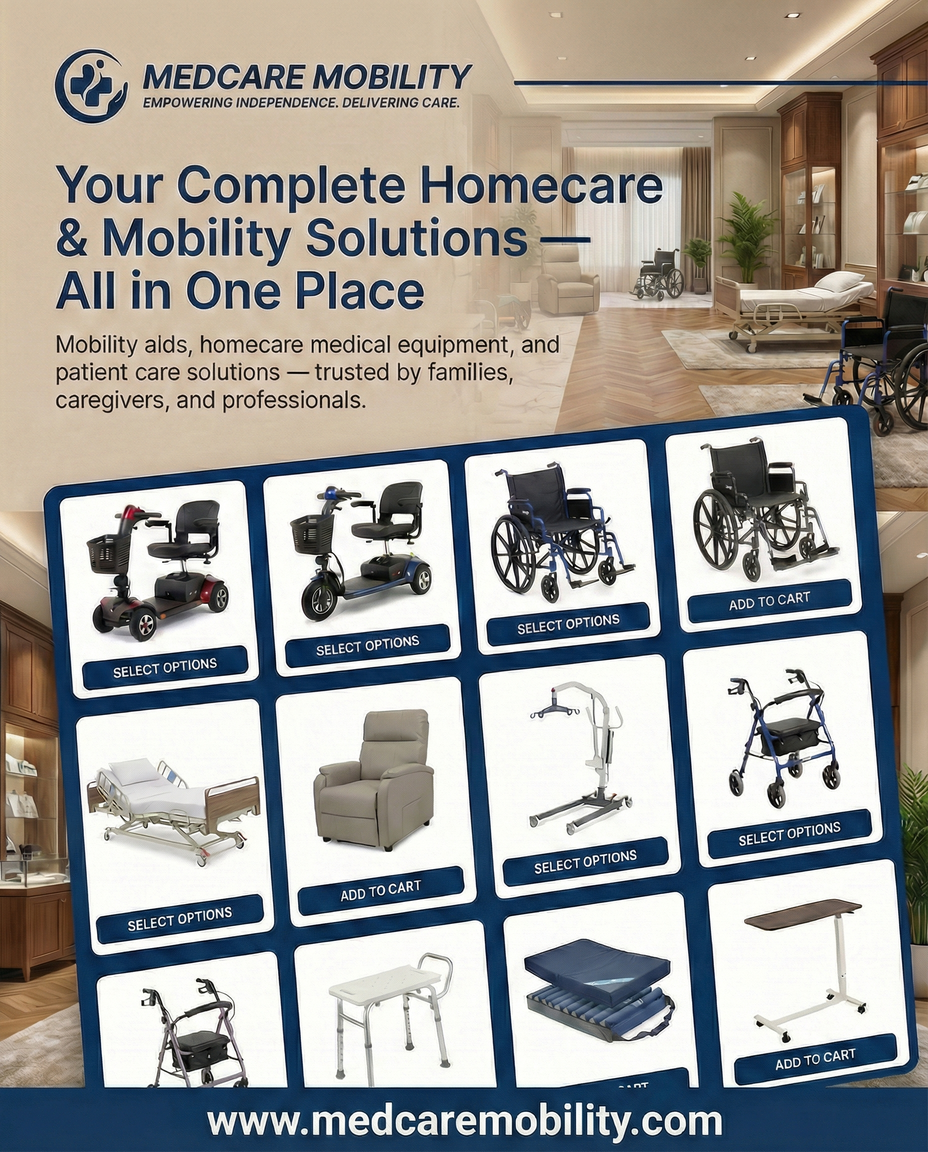Disabilities, whether visible or invisible, encompass a wide range of conditions that impact individuals’ daily lives. From mobility issues to cognitive impairments, disabilities can affect any aspect of human function. Understanding these conditions and advocating for inclusive practices are crucial steps toward creating a more equitable society.
Defining Disabilities
Disabilities can be categorized into several types:
- Physical Disabilities: These involve impairments that affect mobility or dexterity. Examples include spinal cord injuries, muscular dystrophy, and arthritis.
- Sensory Disabilities: These affect the senses, such as vision or hearing. Conditions like blindness, deafness, and partial hearing loss fall into this category.
- Cognitive Disabilities: These impact mental processes such as learning, memory, and problem-solving. Examples include autism spectrum disorders, intellectual disabilities, and traumatic brain injuries.
- Mental Health Disabilities: These involve emotional and psychological conditions that affect a person’s mood, thinking, and behavior. Examples include depression, anxiety disorders, and bipolar disorder.
Challenges Faced by Individuals with Disabilities
People with disabilities face numerous challenges that can impact their quality of life:
- Accessibility: Many public spaces, workplaces, and services are not designed with accessibility in mind, making it difficult for individuals with physical disabilities to navigate.
- Discrimination: Stigma and discrimination can lead to unequal treatment in various areas, including employment, education, and healthcare.
- Economic Barriers: Disabilities can result in additional costs for medical care, assistive devices, and home modifications, which can strain financial resources.
- Social Isolation: Individuals with disabilities may experience social isolation due to physical barriers or societal attitudes, impacting their mental and emotional well-being.
Advancements and Progress
Despite these challenges, there have been significant advancements in the field of disability advocacy and support:
- Legislation: The Americans with Disabilities Act (ADA) of 1990 is a landmark piece of legislation in the United States that prohibits discrimination based on disability and ensures equal access to public facilities and services.
- Assistive Technology: Innovations such as advanced prosthetics, hearing aids, and speech recognition software have improved the quality of life for many individuals with disabilities.
- Inclusive Education: Many educational institutions now offer accommodations and specialized programs to support students with disabilities, promoting a more inclusive learning environment.
- Public Awareness: Increased awareness and advocacy efforts have helped challenge stereotypes and promote a more inclusive society. Organizations like the National Disability Rights Network (NDRN) and the World Health Organization (WHO) work tirelessly to improve conditions and rights for people with disabilities.
Resources and Support
Several resources can provide support and information for individuals with disabilities and their families:
- National Disability Rights Network (NDRN): Offers advocacy and legal services to protect the rights of individuals with disabilities. Visit NDRN
- Centers for Disease Control and Prevention (CDC) – Disability and Health: Provides information on various disabilities and resources for improving health and quality of life. Visit CDC
- Disability.gov: A comprehensive resource for information on disability benefits, employment, and community services. Visit Disability.gov
- The Arc: A national organization advocating for individuals with intellectual and developmental disabilities, offering support and services. Visit The Arc
Advocacy and Moving Forward
Advocacy plays a crucial role in improving the lives of individuals with disabilities. Efforts to increase accessibility, combat discrimination, and promote inclusivity are vital for creating a more equitable society. By supporting legislation, participating in community initiatives, and fostering understanding, we can contribute to a world where everyone has the opportunity to thrive, regardless of their abilities.
In conclusion, while challenges remain, ongoing advancements and dedicated advocacy continue to make a difference. Understanding the diverse experiences of individuals with disabilities and supporting their rights and needs is essential for building a more inclusive and compassionate world.

